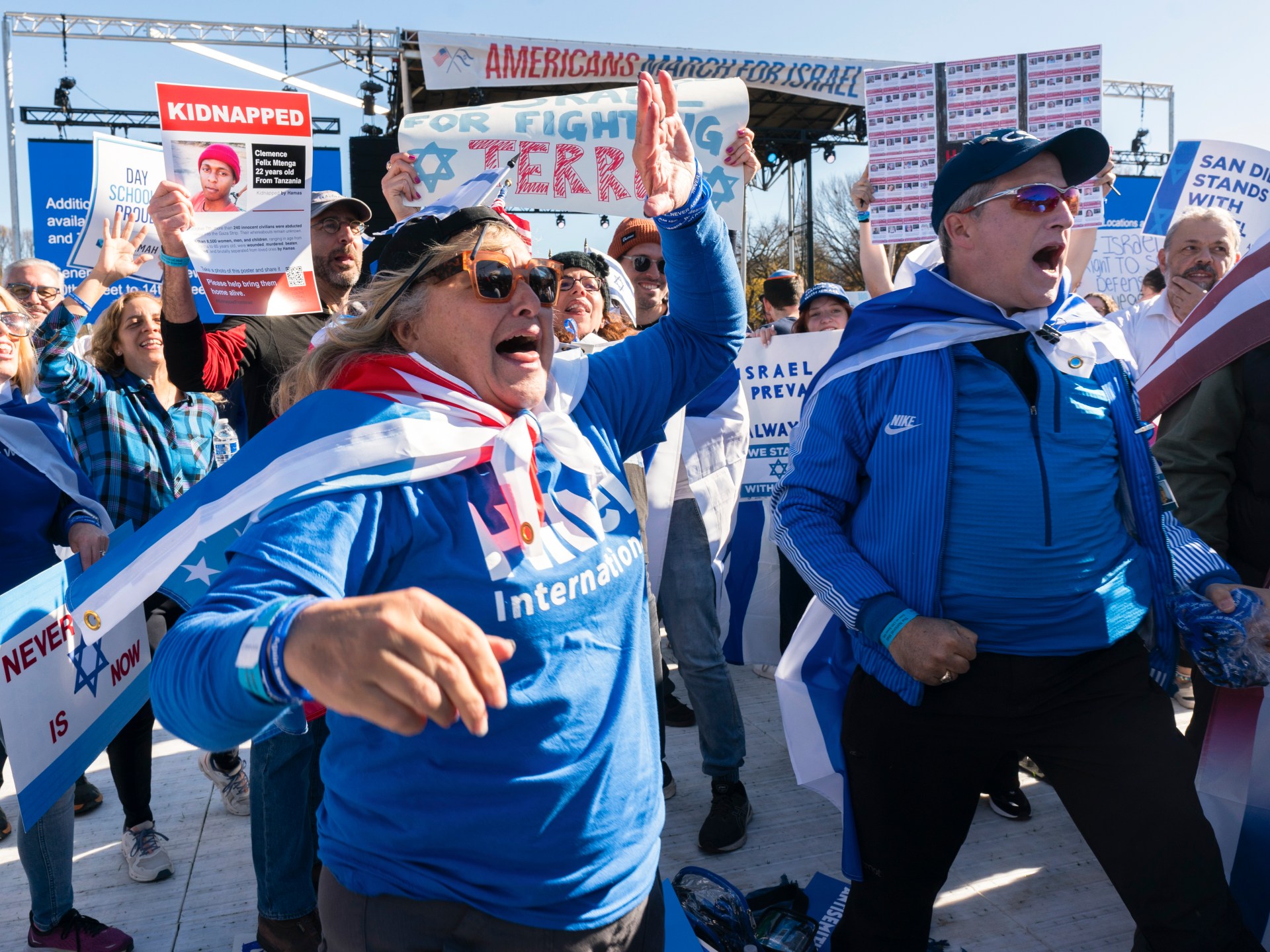Lidia Thorpe says Australia’s voice referendum should be called off
Prominent senator says she does not believe the proposal will address the longstanding issues facing Aboriginal people.
Australian senator Lidia Thorpe has said the country’s planned referendum on an Indigenous “voice” to parliament should be called off because it is just “window dressing”.
Thorpe, who sits as an independent in the upper house and is one of Australia’s most prominent Aboriginal politicians, detailed her opposition to the proposal at the National Press Club in Sydney on Wednesday.
“The voice is the window-dressing for constitutional recognition,” she told reporters, according to News Corporation.
“This is just another attempt by a colonial government to make clear that it has power over us, and force its rules upon us.”
Thorpe, who is a Gunnai, Gunditjmara and Djab Wurrung woman and a granddaughter of the revered Indigenous matriarch Alma Thorpe, said the whole exercise should be dropped.
“We should call off the referendum,” she said.
“It has caused nothing but harm and division. And, for what? There won’t be change until this society changes. Until this society’s thinking, values, attitudes and systems have been revolutionised in order to ensure real self-determination, we cannot continue the legacy of the Australian colony.”
Indigenous Australians had lived in the country for thousands of years when the British arrived to establish a colony and claimed the territory was empty.
These days, despite making up less than 3 percent of the country’s population, Indigenous Australians account for more than a quarter of its prison population, according to official data, with many jailed for minor crimes. About a third of Indigenous Australians live below the poverty line, suffer poorer health than non-Indigenous citizens and have a lower life expectancy.
The government of Prime Minister Anthony Albanese argues that the voice, which would establish an Indigenous advisory committee on Aboriginal and Torres Strait Islander issues in parliament, would help improve the lives of Indigenous people by giving them a say and making sure policies are more informed.
The referendum is expected to take place before the end of the year, but public support has ebbed in recent months.
To pass, the referendum needs the support of a majority of Australians and of, at least four of the country’s six states. Voting is compulsory.
Thorpe stressed that while she was opposed to a “yes” vote, she would not actively campaign for a “no” vote.
“I’m investing and campaigning on … an alternate way forward from the voice, which is peace and treaty,” she told the Australian Broadcasting Corp.
“We’re being conned and set up and it’s not good enough. Two-hundred and thirty years and they give us a voiceless, powerless advisory body that has parliamentary supremacy over it at all times.”
Some other Aboriginal Australians have also expressed opposition to the voice including Warren Mundine, a former Labor party national president.




